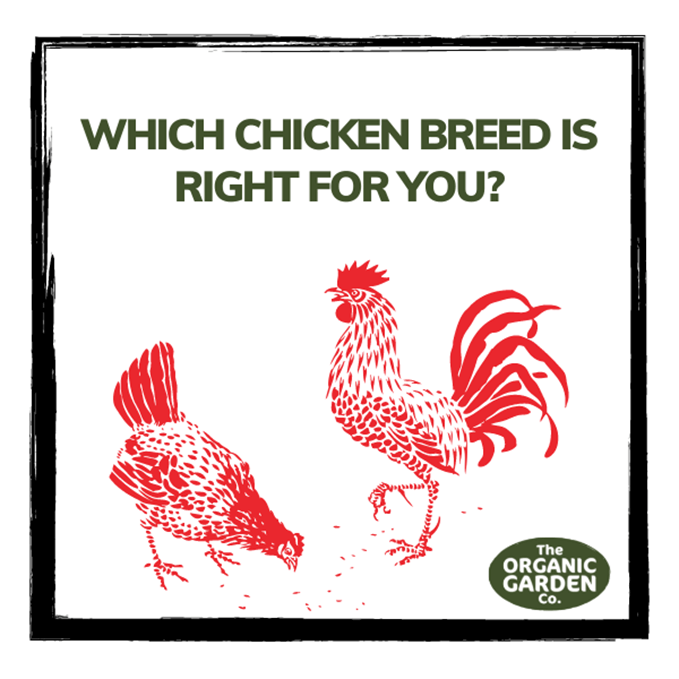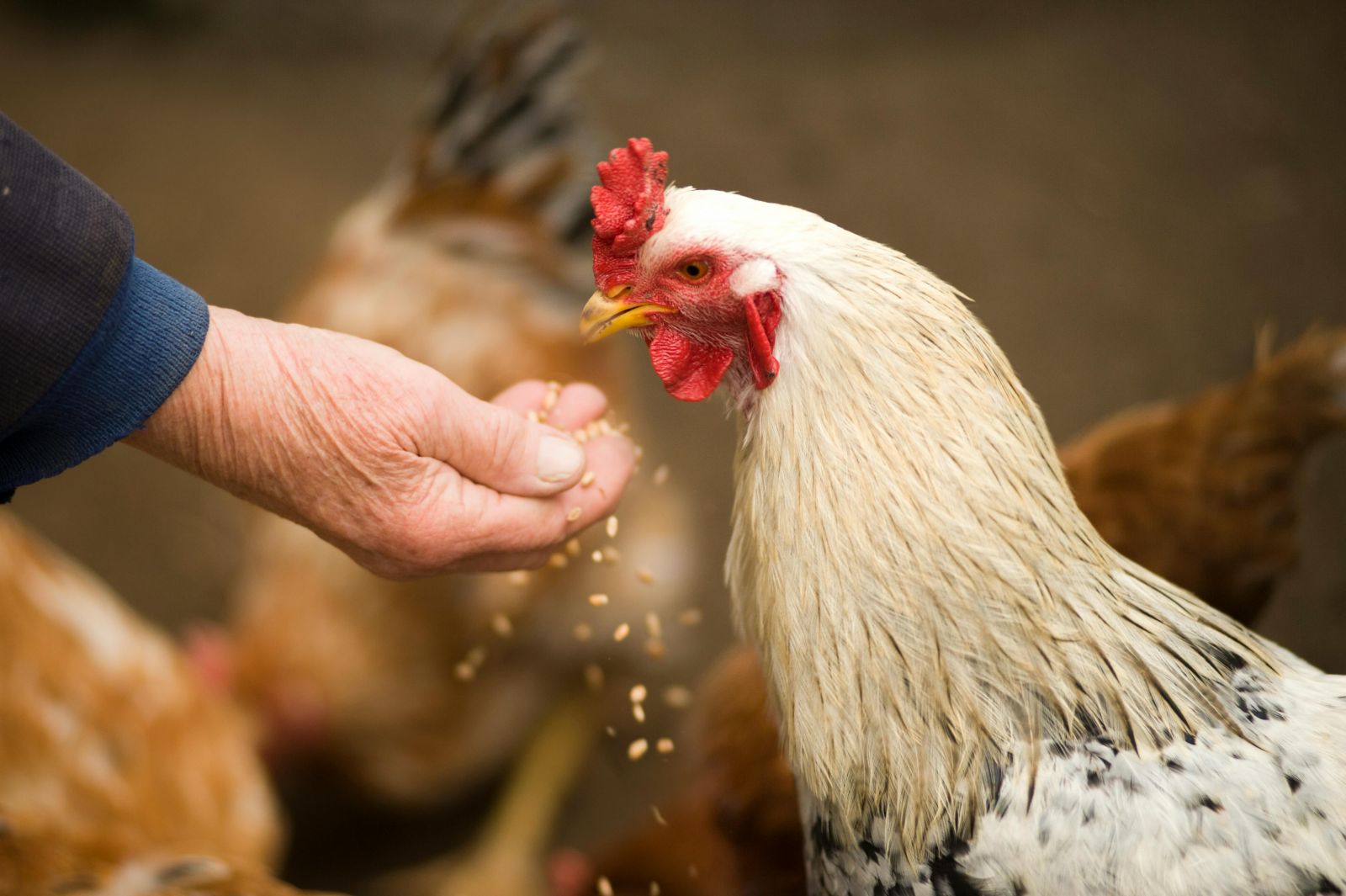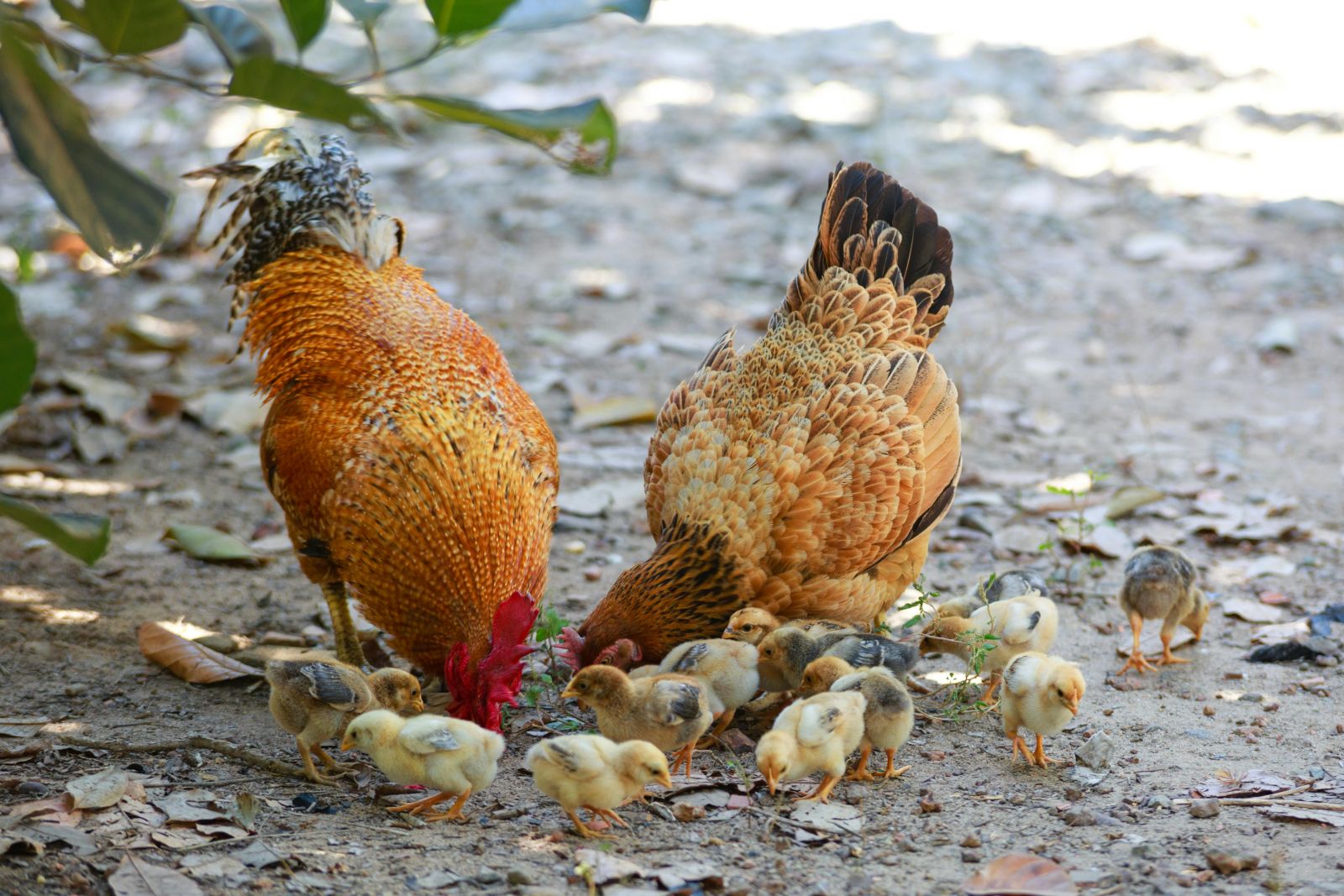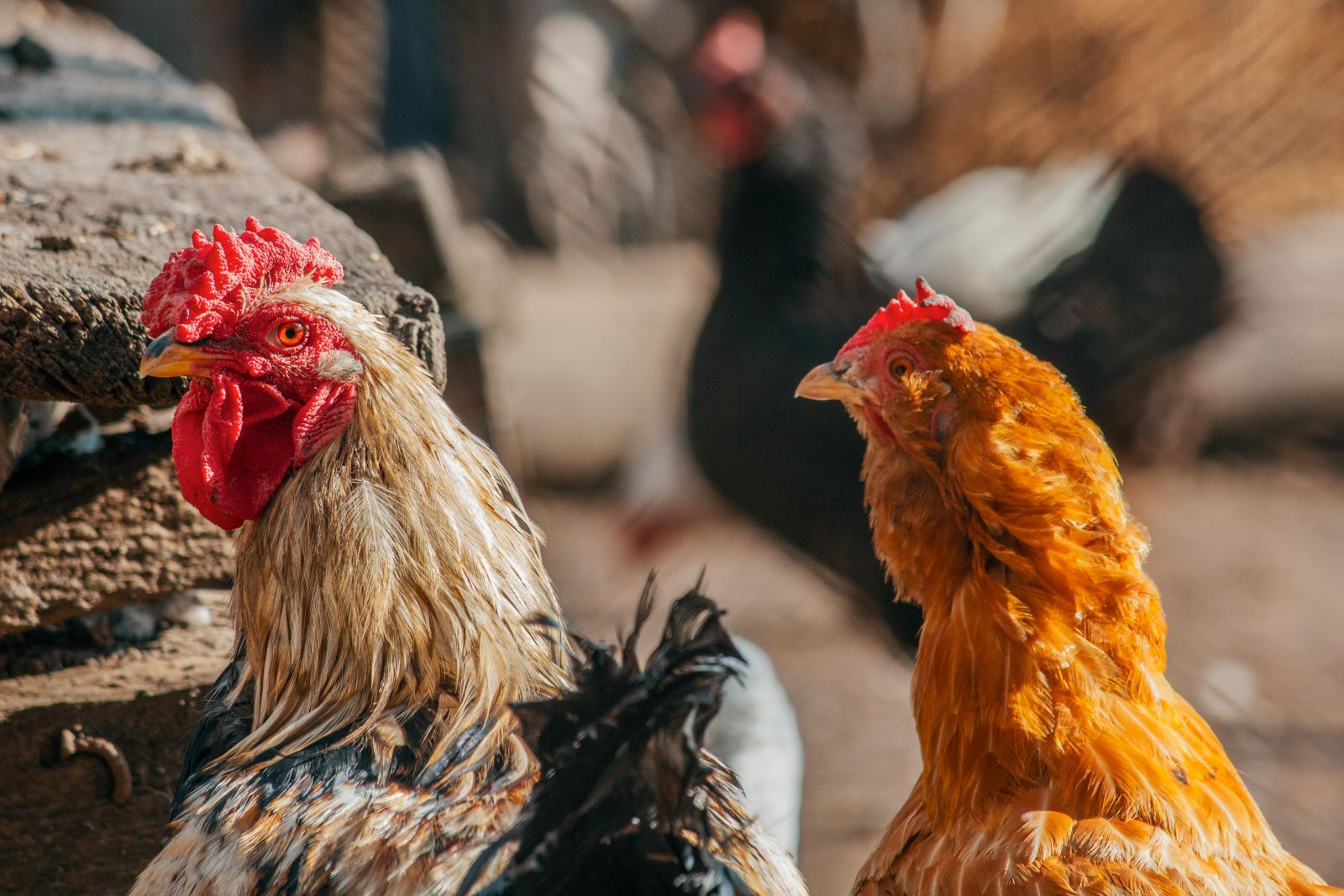Raising chickens at home is one of the most rewarding backyard hobbies you can start! Whether you’re after a steady supply of fresh eggs, pest control in your garden, or simply the joy of caring for friendly backyard chickens, learning how to raise chickens properly ensures your flock stays happy, healthy, and productive for years.
Before you dive into the hobby, it’s important to understand what’s involved. Chickens need daily feeding, fresh water, and regular cleaning of their coop. You’ll also be collecting eggs most days, checking for signs of illness, and occasionally managing veterinary care. It’s not difficult, but it does take commitment.
And one essential first step—check with your local council or strata laws to confirm you’re allowed to keep chickens. Some councils restrict flock size or prohibit roosters due to noise.
.jpg)
Australians are embracing the chicken-keeping adventure for many reasons. Fresh, home-laid eggs are a major draw, but chickens also offer fertiliser for your garden, help reduce food waste, and make surprisingly affectionate pets.
If you’re wondering, “Are chickens hard to look after?” — not really! With a proper setup, a few minutes of care each day will keep your hens thriving. The key is knowing what your chickens need from the start.

Different chicken breeds suit different goals. Before bringing home a flock, decide whether you’re raising chickens for eggs, meat, or companionship. Here’s a breakdown of popular beginner-friendly options.
Hybrid hens like ISA Browns and Hy-Line Browns lay prolifically for their first two years but have shorter lifespans. Heritage breeds such as Australorps or Leghorns tend to live longer (up to 5–10 years) and are hardier against disease, though they may lay fewer eggs per week.

Whether you’re raising baby chicks or mature hens, a secure, comfortable environment is essential. Chickens are hardy animals, but they rely on good housing, nutrition, and social interaction to thrive.
Every flock needs a well-built coop to protect them from the weather and predators. Aim for at least one square metre per chicken inside the coop and a similar amount in the attached run. Your coop should include:
Nesting boxes: One per four or five hens for laying eggs in clean, safe spaces.
Roosts: Wooden perches raised off the ground so your hens can sleep securely.
Ventilation: Essential to reduce moisture and ammonia build-up.
Shade and drainage: Keep the coop cool in summer and dry during rain.
Easy cleaning access: Removable trays or wide doors simplify weekly maintenance.
Predator protection: Use strong chicken wire or welded mesh to deter foxes, dogs, snakes, and even hawks. Place the coop on well-drained ground in partial shade.
For inspiration, explore the Organic Garden Co chicken coops, which are designed for durability, ventilation, and predator safety and are ideal for Australian backyards.
Chickens love to explore and forage. Attaching a chicken run gives them room to scratch for bugs, stretch their wings, and take dust baths—all vital for their wellbeing.
Provide dry soil in one area for dust bathing, which helps chickens naturally control mites and lice. If you can allow free-ranging time, even for a few hours daily, your hens will enjoy fresh grass and leafy greens that boost egg quality and yolk colour.
A balanced diet is crucial for raising chickens. Their nutritional needs change as they grow:
Add grit (tiny stones) to aid digestion and oyster shells for calcium. Offer occasional healthy treats like chopped vegetables, fruit, or herbs, but avoid harmful foods such as chocolate, avocado, onion, and salty leftovers.
Keep fresh water available at all times, changing it daily, twice a day in summer. Chickens drink more than expected, and dehydration quickly affects egg production.
Good hygiene prevents disease from spreading through your backyard flock. Follow these basic biosecurity steps:
These small habits go a long way towards keeping a healthy flock.
Chickens are flock animals — companionship is essential. Keeping a single bird leads to stress and poor egg output. Start with three to six hens, depending on your space and local regulations.
You don't need a rooster if you’re raising chickens for eggs. Hens lay eggs without fertilisation. If you plan to hatch chicks from fertile eggs, a rooster is required—but check noise rules in urban areas before getting one.
When introducing new chicks or hens, gradually introduce them through a fence barrier for a few days before mixing them with your older birds.

Few things are as rewarding as raising baby chicks into confident, egg-laying hens. Here’s what you’ll need to raise them successfully.
Day-old chicks can’t regulate their body temperature, so they need a warm, draft-free brooder box. A large plastic tub or wooden box lined with pine shavings works well.
Use a heat lamp or heat plate, maintaining around 32–35 °C for week one, reducing by 5 °C weekly until they’re comfortable at ambient temperature. Position the lamp safely to avoid fire risks, and observe your chicks—huddling means they’re cold, while panting or spreading out means they’re too hot.
Feed chick starter with 18–20% protein for the first 6–8 weeks. Medicated feed helps prevent coccidiosis, a common disease in young birds. Once chicks start pecking at solid food, always provide clean water and fine grit.
At around eight weeks, transition to grower feed, then layer feed at 18–20 weeks when hens begin to lay eggs.
If raising chicks under a broody hen, she’ll naturally provide warmth and teach them to forage. However, hand-raising allows closer monitoring and bonding.
Handle your young chicks gently from a young age so they become calm, friendly adults. By four to six weeks, they’ll begin to feather out and explore more.
Once fully feathered, move them to a larger pen or coop, ensuring the space is predator-proof and weather-safe. Introducing them to older hens too soon can lead to bullying, so use gradual introductions.

Healthy chickens are alert and active, with smooth feathers and bright eyes. Regular checks will help you spot issues early. Common problems include:
Mites and lice: Look for excessive scratching or pale combs. Use dusting powder or encourage dust bathing.
Worms: Affected birds may lose weight or stop laying. Use worming medication as recommended.
Respiratory infections: Sneezing or wheezing may signal poor ventilation—improve airflow and consult a vet.
Sick chickens: Isolate unwell birds immediately to protect the rest of your flock.
To promote strong immune systems, inspect your flock weekly, clean coops regularly, and always provide fresh water and quality feed.
Australian summers can be tough on chickens. Provide plenty of shade, fresh water, and ventilation. Frozen water bottles or shallow trays of water help keep your hens cool. Collect eggs early each morning to prevent spoilage.
When it comes to winter, chickens handle cold weather better than heat, but still appreciate a dry, draught-free coop. Add extra straw for warmth and ensure perches are wide enough to cover their feet.
Check waterers regularly in cold regions to ensure they don’t freeze overnight.
Chickens can live 5–10 years, even after their laying slows. Plan for their long-term welfare—they deserve a comfortable retirement once their egg production declines. Many chicken owners keep older hens as garden companions or pest controllers.
When sourcing birds, buy from reputable breeders or farm supply stores that sell sexed chicks or day-old chicks. Avoid impulse buying unsexed or fertilised eggs unless you have space for potential roosters.
Every day:
Weekly:
Monthly:
Learning how to raise chickens opens a window into sustainable living, self-sufficiency, and a daily connection with nature. From the joy of watching baby chicks grow to collecting your first fresh eggs, it’s an experience that pays back in more ways than one.
With the right setup, a bit of time, and a caring touch, anyone can create a thriving, healthy flock of backyard chickens—and enjoy the peace of mind that comes from knowing exactly where your eggs come from.